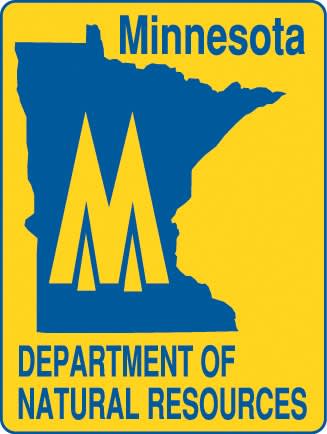Newcastle Outbreak Closes Islands in Minnesota

Islands in Minnesota and Pigeon lakes in southern Minnesota will be posted as closed to trespass until risk of the potential spread of virulent Newcastle disease has diminished, the Minnesota Department of Natural Resources (DNR) said today.
The DNR closed the islands to waterfowl hunters and all other lake users after the National Veterinary Services Laboratory in Ames, Iowa, confirmed the disease from samples collected during cleanup of dead cormorants in early August.
Although Newcastle disease rarely affects humans, it can occasionally cause conjunctivitis, a relatively mild inflammation of the inner eyelids, according to the Minnesota Department of Health.
Minnesota Lake’s restricted island is located near the western shore and is the site of a large water bird nesting colony. Temporarily lowered water levels have exposed the lake bed, providing a land route to the island.
Results from samples submitted from bird die-offs on several other lakes throughout Minnesota are pending. If the disease is confirmed, lakes with islands that may be closed include Mille Lacs; Johanna near Glenwood; Pelican near Brainerd; Chautauqua and Pelican near Fergus Falls; and Wells near Faribault.
Newcastle disease is a viral disease that most commonly infects cormorants, but also affects gulls and pelicans. Clinical signs of infection in wild birds are often neurologic and include droopy head or twisted neck, lack of coordination, inability to fly or dive and complete or partial paralysis. Juvenile birds are most commonly affected.
Wild birds can be a potential source of Newcastle disease and transmit the virus to domestic poultry if there is contact with them. Clinical signs in domestic poultry include sudden death; lack of energy and appetite; decreased egg production; diarrhea; nervous system disorders such as tremors or paralysis; and severe respiratory signs symptoms such as nasal discharge, runny nose, coughing and sneezing.
The Board of Animal Health (BAH) recommends that poultry producers, large and small, increase their on-farm biosecurity practices to prevent introductions into their poultry operations. Such practices include visitor and vehicle restrictions; preventing wild bird introductions, especially birds that tend to nest in or feed with domestic birds; controlling movements associated with the handling and disposal of bird carcasses, litter and manure; and monitoring poultry flocks for any signs of illness.
If domestic birds show signs of illness, producers should contact their veterinarian, BAH at 320-231-5170 or the University of Minnesota Veterinary Diagnostic Laboratory at 800-605-8787.

